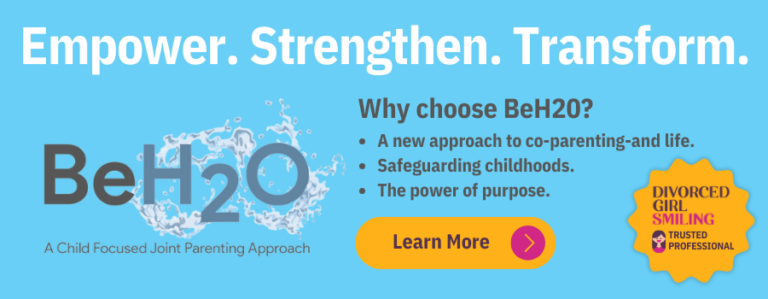Supervised visitation, also known as supervised parenting time often presents unique challenges and opportunities for families navigating difficult circumstances. Whether you are the parent receiving supervised parenting time or the parent facilitating it, understanding its purpose and embracing the right mindset can set the stage for success.
Here are 10 things to know about supervised visitation that we hope will make this journey easier:
1. Supervised Visitation/Parenting Time Is Ordered Out of Precaution, Not Judgment
Supervised parenting time is often ordered as a precautionary measure. Courts must err on the side of caution when allegations arise, ensuring the safety of children while also protecting parents from misunderstandings. It’s important to understand that this arrangement does not define you as a parent; it’s simply a step toward ensuring everyone’s well-being.
2. Supervised Visitation/Parenting Time Protects Both the Child and the Supervised Parent
Supervisors provide more than just oversight—they safeguard against misunderstandings and potential miscommunications. Children may tailor their narratives to different audiences, unintentionally creating tension. A neutral third party ensures both the child and the parent are supported and shielded from false allegations.
3. Your Attitude Impacts the Experience
The energy you bring to supervised parenting time has a ripple effect. If you approach the parenting time session with anxiety or resentment, that energy may affect your child. However, walking in with gratitude for the opportunity to connect—no matter how limited—sets a positive tone. Instead of thinking, “I only get two hours,” shift your mindset to, “I have two uninterrupted hours to bond with my child.”
4. Focus on the Present Moment
Supervised parenting time is not about the past or future—it’s about the now. It’s an opportunity to connect with your child, not to address grievances or fix the relationship overnight. Staying grounded in the present moment allows for meaningful interactions and sets the foundation for healing and trust.
5. Manage Expectations and Embrace the Unnatural
Supervised parenting time can feel unnatural for both parents and children. Your child may not respond as you anticipate—they might not run into your arms or immediately express joy. Children often need time to adjust to this new arrangement. While challenging, this adjustment period is normal and can be an opportunity to model resilience and patience.
6. Teach Growth Through Challenges
Supervised parenting time may be difficult for your child, but difficulty doesn’t equate to harm. Like going to the dentist, it might not be enjoyable, but it serves an important purpose. Helping children navigate this experience with support and understanding teaches them resilience and fosters a growth mindset.
7. Timing and Preparation Matter
Respect your child’s schedule and emotions when planning supervised parenting time. Avoid scheduling sessions during significant events, such as a friend’s birthday party or a sports game. Additionally, ensure your child is prepared for the session—shoes by the door, no rushing or chaos—so they feel calm and ready.
8. Supervisors Are Neutral Observers, Not Enforcers
A supervisor’s role is to ensure safety, not to enforce one parent’s expectations of how the other parent should parent. Different parenting styles are natural, and children benefit from these differences. While the supervised parent may parent differently than you would, that’s okay. Supervisors are there to observe and ensure safety, not to mediate parenting approaches.
9. Use Supervised Parenting Time to Build Foundations, Not Perfection
Supervised parenting time shouldn’t be all rainbows and unicorns. Avoid letting your child do whatever they want to avoid conflict. Instead, establish rules and boundaries. This creates a sense of stability for your child and helps them transition more smoothly to unsupervised parenting time in the future. Consistency in rule-setting during parenting time sessions minimizes misunderstandings and builds a healthy parent-child dynamic.
10. Set the Stage for Future Success
The goal of supervised parenting time is to preserve and strengthen the parent-child relationship so it can continue to grow. By approaching the sessions with intention, clear boundaries, and a focus on connection, you create a seamless transition to unsupervised parenting time. This continuity allows your child to feel secure and supported throughout the process.
Reframing Supervised Visitation/Parenting Time
Supervised parenting time, while challenging, is an opportunity for growth. By shifting your perspective, staying present, and embracing the BeH2O™ principles of balance, connection, and purpose, you can create meaningful interactions with your child. Remember: this process is about safeguarding your child’s well-being and preserving the parent-child bond for a stronger future. To find out more about BeH2O™ or explore coaching with Trina Nudson, check out www.thelayneproject.com





















